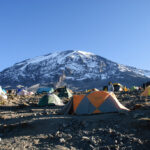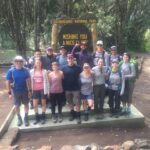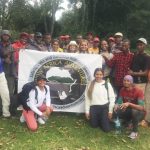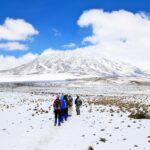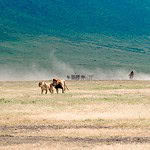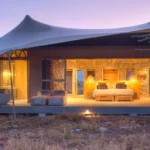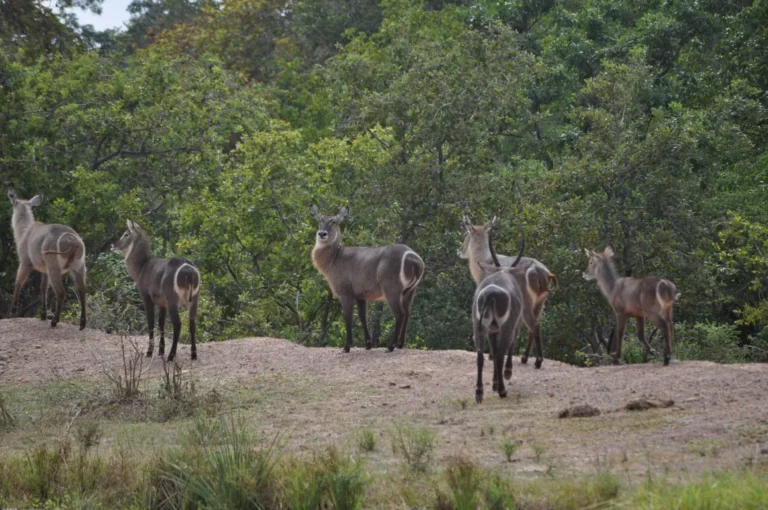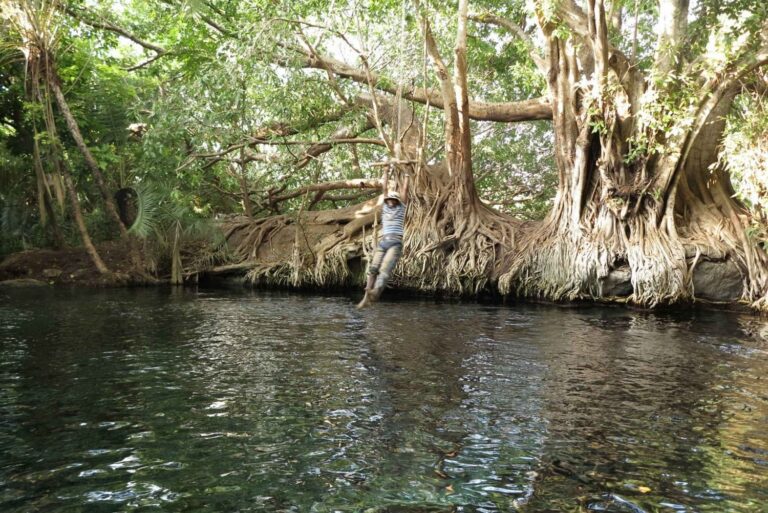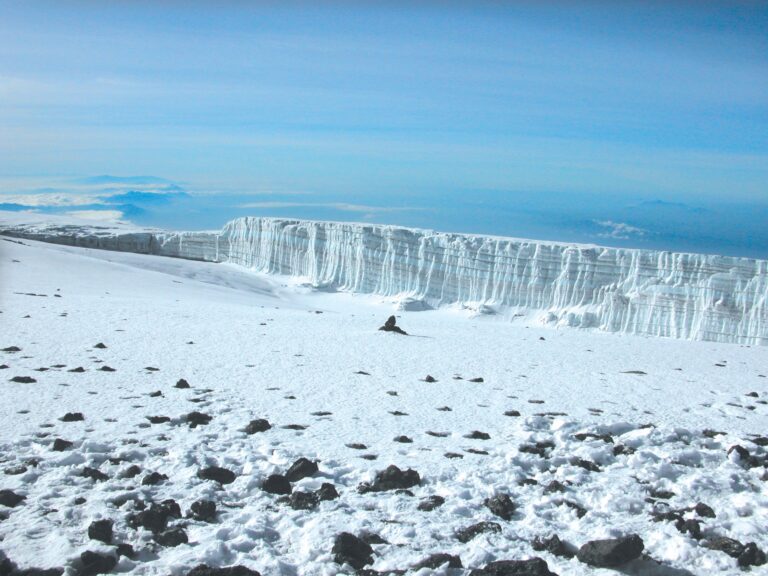Table of Contents
Maasai Homestays: Authentic Cultural Immersion Experiences
Tanzania offers not only incredible wildlife but also rich cultural treasures—and maasai homestay Tanzania provides one of the most immersive ways to experience them. By living in a Maasai village, you move beyond visiting to truly understanding daily life, traditions, and community connections.
From shared meals to singing around the fire, a maasai homestay Tanzania lets you step into their world. You’ll learn about livestock herding, medicinal plant uses, and traditional beadwork—experiences that deepen respect and cultural appreciation.
1. What Is a Maasai Homestay Tanzania?
A maasai homestay Tanzania involves staying with a Maasai family in their village—or “enkang”—in rural Tanzania. Guests live in traditional Maasai homes made of mud, sticks, and cow dung, sharing meals and participating in daily activities like herding, cooking, and crafts.
During a maasai homestay , you might help milk cows, collect firewood, or learn bead-making from local artisans. These stays typically last 1–3 nights and include guided tours to Maasai cultural sites, evening storytelling, and traditional song performances under the open sky.
Because stays are in small villages, the maasai homestay Tanzania experience is very personal. Guests are treated like family, not tourists.
2. Why Choose Maasai Homestay Tanzania?
Choosing a maasai homestay offers unique benefits:
- Authentic cultural exchange: Shared traditions, foods, and stories.
- Support for Maasai communities: Income stays in families, not lodges.
- Sustainable and ethical travel: Controlled visitor numbers by community guides.
- Learning traditional skills: Beadwork, cooking, medicinal plant knowledge.
- Deep, lasting memories: Fellowship under starlit skies and heartfelt conversations.
In a maasai homestay , you don’t just observe—you become part of the community.
3. Best Regions for Maasai Homestay Tanzania
Top locations for this authentic stay include:
- Near Ngorongoro: Crater rim Maasai villages offer breathtaking vistas.
- Southern Serengeti: Cultural camps combined with wildlife tours.
- Arusha region: Close to Mount Meru with guided homestay visits.
- Lemuta Valley: Off-the-beaten-path, deeper connection and fewer guests.
Each maasai homestay option offers unique scenery and cultural depth.
4. Typical Homestay Itinerary
A maasai homestay can follow this structure:
- Arrival & welcome: Traditional greeting with milk tea.
- Village tour: Guided by Maasai host through homestead and kraal.
- Hands-on participation: Herding goats, making fire, cooking ugali.
- Beadwork lessons: Craft necklaces and bracelets with local artisans.
- Evening fireside stories: Sharing legends, songs, and traditions.
- Sunrise blessing: Early ceremony followed by farewell breakfast.
This flow is typical for most maasai homestay programs.
5. Cultural Insights Through Maasai Homestays
During a maasai Tanzania, you’ll gain insight into:
- Social structure: Male elders, warrior classes, women’s roles.
- Spiritual beliefs: Connection to ancestral spirits and the land.
- Cattle-driven economy: Livestock as wealth and social capital.
- Traditional medicine: Healing plants and their uses.
- Gender customs: Respectful sharing of household tasks.
By engaging in a maasai Tanzania, you develop deep respect and cultural sensitivity.
6. Lodging & Meals
Stays in maasai Tanzania are deliberately simple:
- Bomas/huts: Traditional mud, stick, and dung structures.
- Communal meals: Ugali, milk tea, grilled goat or vegetables.
- Basic comfort: Simple bedding, squat latrine, bucket shower.
- Optional upgrades: Nearby eco-tents for guests preferring comfort during maasai homestay Tanzania.
These stays emphasize cultural immersion over luxury.
7. Ethical & Responsible Practices
Responsible maasai Tanzania programs follow ethical practices:
- Fair compensation: Revenue goes to hosting families.
- Controlled guest numbers: Limits to preserve culture and privacy.
- Tourist education: Hosts explain cultural do’s and don’ts.
- Community projects: Using safari funds for schools, water wells.
- Visitor respect: Remove shoes inside huts, ask permission before photos.
These agreements make maasai homestay Tanzania a respectful, sustainable travel option.
8. Who Should Choose Maasai Homestay Tanzania
Ideal participants include:
- Culture-seeking travelers wanting lived experiences.
- Students and researchers of anthropology and sociology.
- Families wanting meaningful travel beyond tourist norms.
- Ethical tourists who value community support and cultural respect.
- Adventurous travelers who thrive on simple living and local insights.
If these values resonate, a maasai Tanzania is a transformative travel choice.
9. Preparing for Your Homestay
Tips for your maasai Tanzania:
| Tip | Advice |
|---|---|
| Respect local customs | Cover shoulders, ask before photos, learn basic greetings (Jambo). |
| Bring small gifts | Pens, notebooks, soap, beads—always ask guide beforehand. |
| Stay flexible | Prepare for weather, limited Wi-Fi, and rustic conditions. |
| Choose ethical tour | Confirm revenue supports families directly. |
| Go for daylight stay | Avoid nighttime arrival—cultural cues and safety are important. |
These prep steps help you benefit fully from a maasai Tanzania.
10. Combining Wildlife & Culture
Many trips mix maasai homestay Tanzania with safaris:
- Morning game drive, afternoon cultural immersion.
- Stay near Ngorongoro for crater and village experiences.
- Lodge-based stays with optional homestay visits.
- Mobile safaris followed by nights in Maasai village.
This balance enriches both wildlife and cultural encounters.
11. Costs & Booking
Typical maasai Tanzania costs range from $80–$150 per person per night, often including meals, activities, and guides. Prices vary by location.
Booking tips:
- Reserve early in high season (July–Sept, Dec–Feb).
- Confirm what’s included (transfers, meals, activities).
- Check ethical credentials—ask how profits support communities.
This ensures a responsible, well-prepared maasai Tanzania.
12. Guest Testimonials
“Staying in a village was life-changing—hearing stories, sharing meals, and joining daily life—seeing Tanzania through a new lens.” – Emma R.
“Our Maasai homestay Tanzania experience left me humbled, enriched, and deeply connected to their land.” – James L.
Real words reflect real transformation through maasai Tanzania.
13. Impact on Maasai Communities
Your visit helps foster:
- Economic participation: Women craft and cattle assist incomes.
- Education access: Safari funds support schools and teaching.
- Wellness programs: Improved sanitation, clinics, resources.
- Cultural preservation: Encouraging language, dress, crafts.
A maasai homestay Tanzania becomes more than travel—it becomes empowerment.
14. How to Find the Right Program
Look for maasai homestay Tanzania programs that:
- Work directly with village elders
- Offer transparent pricing and impact statements
- Allow inclusion in daily life, not just photo ops
- Share community stories and cultural guidance
- Offer easy booking and respectful logistics
These elements separate meaningful experiences from tourist spectacles.
A maasai Tanzania is more than a visit—it’s human connection, cultural exchange, and travel with purpose. You leave not just with memories and photos, but with friendships, deeper empathy, and respect.
If you’re ready to go beyond wildlife and lodges to experience life alongside real Tanzanian families, let maasai homestay Tanzania lead the way.

